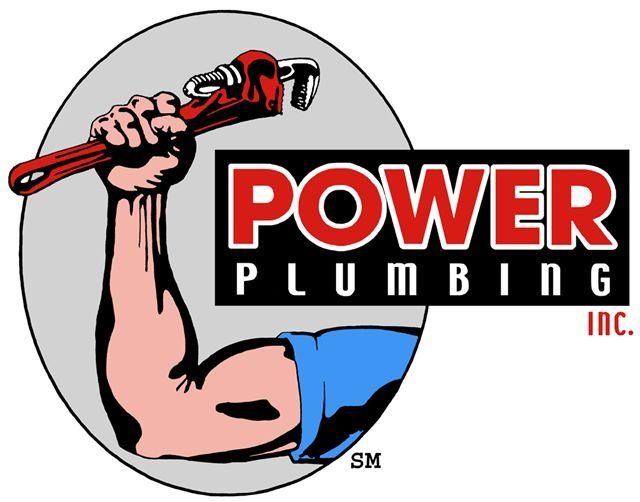Signs of Low Refrigerant in Your AC
The refrigerant is a crucial part of an AC that absorbs heat from your home's air to make it cool and comfortable. Low refrigerant levels can be problematic, as your unit fails to operate effectively and efficiently.
Regrettably, determining whether your AC needs Freon recharging can be challenging because the signs are similar to other AC problems. Learn common signs your AC has low refrigerant and how to differentiate them from other AC issues.
Frozen AC Parts
Low Freon can cause ice to accumulate on your AC's refrigerant line due to temperature changes in the evaporator coil. With low refrigerant, you have low pressure and thus low temperatures in the evaporator coil. Consequently, moisture freezes on both the evaporator coil and refrigerant line.
However, a clogged air filter and closed vents can lead to ice buildup on the evaporator coil due to decreased airflow. Consider calling an HVAC professional to recharge your Freon if your vents are open, and you have changed or cleaned your air filter.
Strange Noises
Typically, your AC operates silently, and any unusual noises usually signify something is wrong. Strange hissing or bubbling noises can indicate that you have a refrigerant leak, which is harmful to your AC unit and health. This can also make your AC work harder to cool your home, resulting in premature component failure, high energy bills, and a shorter AC lifespan.
Also, refrigerant poisoning could occur, causing symptoms such as coughing, headaches, and difficulty breathing. When you notice bubbling or hissing sounds on your AC, call in an HVAC professional immediately to identify and fix the leak as well as recharge the refrigerant.
While a faulty AC can make many sounds, such as humming, gurgling, clicking, rattling, and banging, the sounds associated with refrigerant leaks are unique and not associated with other problems. Therefore, you can more easily diagnose low refrigerant with the noises.
Cooling Ability Loss
Low refrigerant means that your AC does not have a mechanism to sponge up the heat in your home. Consequently, rather than blowing cold air, your vents could generate warm air. This affects your indoor air quality and compromises comfort levels. At times, your AC takes an extended period to cool your home, and you never attain the desired temperature.
Nonetheless, low refrigerant is not the AC problem making the vents blow warm air. Other culprits are dirty filters, incorrect thermostat settings, clogged evaporator coils, and a blocked condenser unit. Before calling in an HVAC professional to recharge your refrigerant, address all other possible issues.
Utility Bill Spike
Although an increase in energy bills is expected in summer due to continued AC use, a drastic increase compared to previous years is suspicious. A common cause of skyrocketing utility bills is low refrigerant due to depletion of the existing Freon or a leak.
The refrigerant absorbs the hot air in your home or office and transports it outside the building through the condenser. When the refrigerant is low, it does not eliminate heat in your home effectively. Subsequently, your AC must work harder and longer to achieve the desired temperature, resulting in more energy consumption and higher bills.
Nevertheless, apart from low refrigerant, other issues such as an old AC, incorrectly sized unit, and dirty air filter can cause a spike in your utility bills. For instance, if your AC is too small for your home, it strains to cool your home, thus using more energy. A refrigerant recharge is necessary if you rule out the other three culprits.
Recharging Freon is not a DIY project due to the safety and health risks involved. If you suspect low or leaking refrigerant on your AC, call the experts at Power Plumbing Inc. for Freon recharging. We are trained and experienced to handle refrigerants safely and in the power to maintain and repair your AC.






